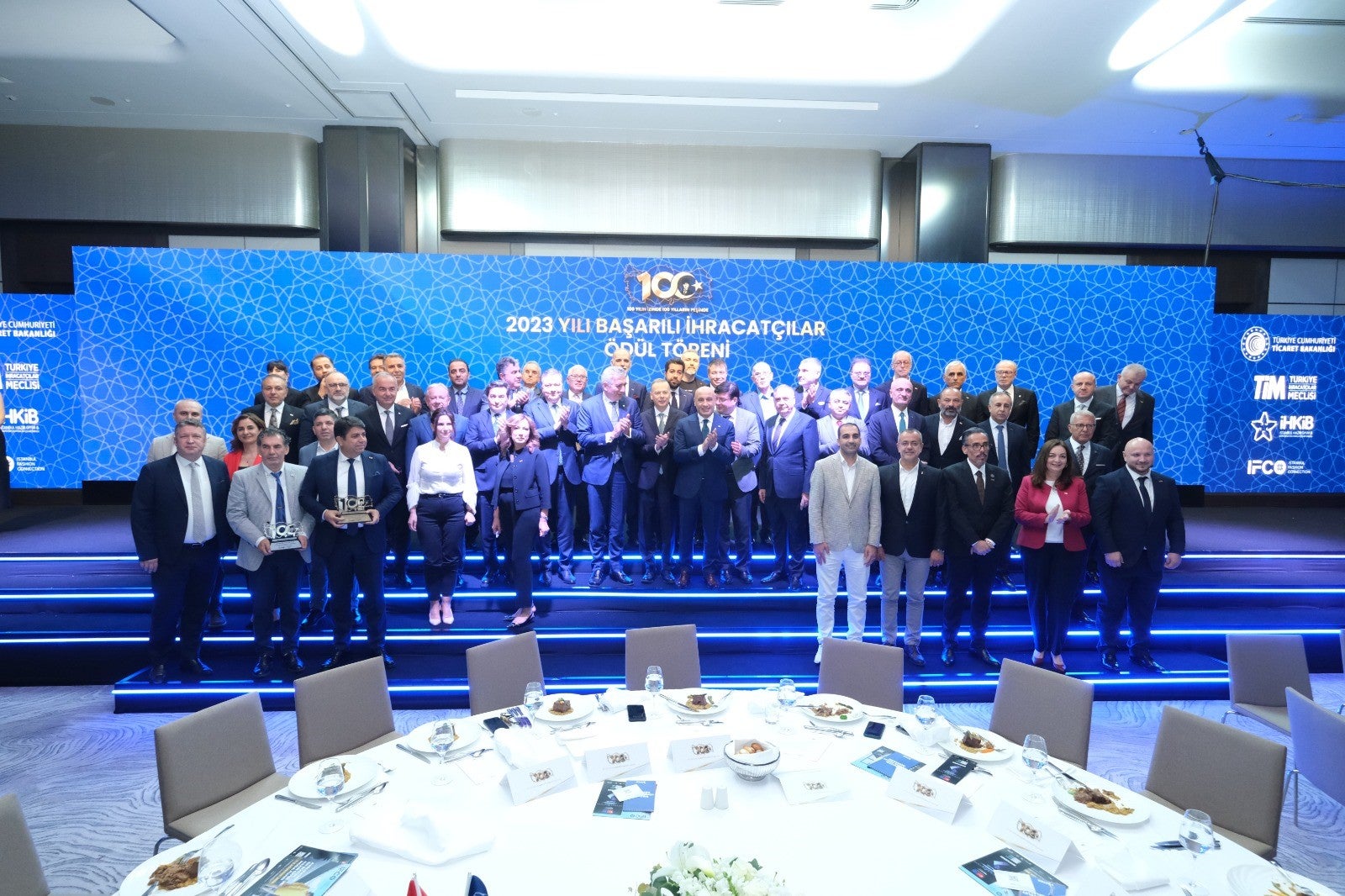Turkey elects U.S. backer Erdogan, who may favor allowing U.S. troops
Erdogan is a departure from Turkey’s militantly secular past. His Justice and Development Party is the latest incarnation of two previously banned Islamist parties that had sought unsuccessfully to inject Muslim values into a government resolutely opposed to the mixing of church and state.
Erdogan insists his priorities are purely pragmatic: resurrecting Turkey’s near-dead economy, gaining acceptance into the European Union and maintaining a solid relationship with NATO allies, including the United States.
His support for basing U.S. troops is seen as evidence that he won’t turn from the West and pursue fundamentalist policies. The United States has pledged $6 billion in grants and $24 billion in loan guarantees if the Turkish government allows U.S. forces.
Erdogan (pronounced UR-doe-ahn) has been Turkey’s de facto leader since November despite not holding office himself. In 1998, he was tried and convicted of "inciting racial hatred" after he read a nationalist poem that was interpreted as a call to holy war.
He served four months in jail, lost his position as Istanbul’s mayor and was banned from holding political office for five years. That ban expired last month.
In general elections Nov. 3, Erdogan led the Justice and Development Party to an overwhelming majority in Parliament. It won 363 of 550 seats, putting the party four seats away from the two-thirds majority needed to rewrite the constitution. Erdogan ally Abdullah Gul serves as prime minister but is regarded as a placeholder until Erdogan can step up.
Erdogan got his re-entry into elected office Sunday. After findings of ballot-box tampering, Turkey’s constitutional courts invalidated the Nov. 3 election results in Siirt, a southeastern province populated mainly by Kurds. That left three seats in Parliament open. The Republican People’s Party, the main Justice and Development opposition group, ran a lackluster campaign, giving Erdogan and his party an easy win.
Gul’s government is expected to resign early this week, paving the way for Turkish President Ahmet Necdet Sezer to approve Erdogan as prime minister.
Erdogan is a practicing Muslim, and his commitment has led to run-ins with the secular government.
Erdogan was elected mayor of Istanbul in 1994. Praise for his rejuvenation of city slums was overshadowed by his policy banning alcohol in city-owned cafes.
In a speech in 1995, he seemed to call for holy war, saying the world’s Muslims were waiting for the Turks to start a rebellion. He spoke out against Turkey’s membership in NATO and potential entrance to the European Union.
When Erdogan emerged from jail, he disavowed his Islamist past, recast himself as a pro-Western conservative and embraced membership in both NATO and the European Union. He was among the first to condemn the Sept. 11 terrorist attacks.



